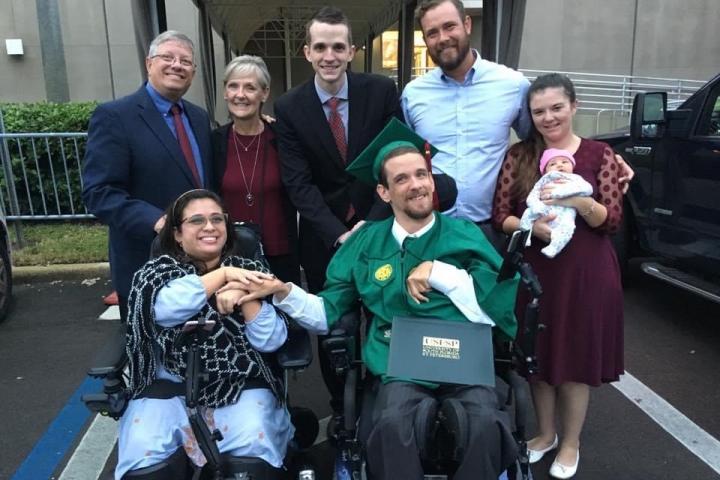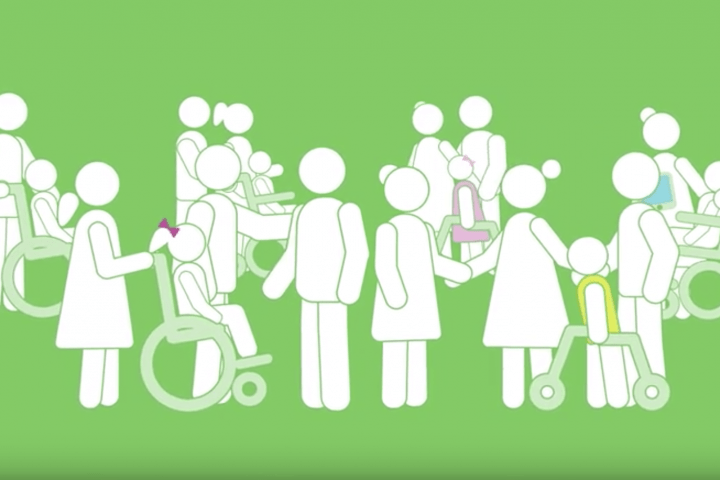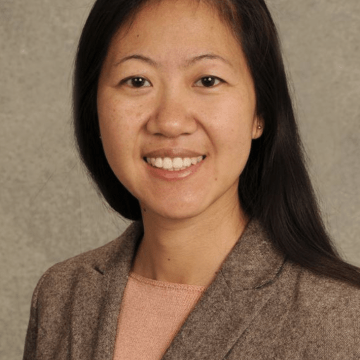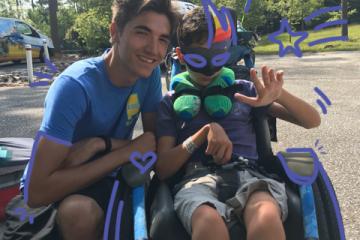
For individuals with cerebral palsy and their families, finding trusted providers and caregivers is integral to health, quality of life, and well being. It's important to take into consideration who will be on your medical and therapy team and find experts who listen to your needs and goals, who are knowledgable about cerebral palsy and other medical conditions you may experience, and who are collaborative. Additionally, in creating your home care team it is critical to find compassionate, understanding, reliable, and trustworthy caregivers who put your needs first.
-
Stories
Personal Care Through the Years Author David Stoner provides insight into his experience with Personal Care Attendants through the years as his needs and his family's needs have changed.
-
Talking with Professionals
Building Your Care Team- The People You May Meet When first meeting a parent who's had a child newly diagnosed with cerebral palsy, I really want to try and help them understand their baby. It can be difficult for parents to take it in all at once...
-

Episode 1: What Questions Should You Be Asking Your Child’s Clinician? Our “Let’s Talk CP” podcast series kicks off with a great conversation about what questions to ask your child’s clinician when your child has cerebral palsy. How should you prepare for a medical appointment? What questions should you ask? Should you get a second opinion? Join Cerebral Palsy Foundation host, Cynthia Frisina as she shares candid talk, lessons learned and great advice with fellow moms, Wendy Sullivan and Jennifer Lyman. This episode is made possible with the support of Ipsen Biopharmaceuticals. -

Episode 5: Cerebral Palsy Health. Wendy Pierce, MD: What Does a Physiatrist Do Anyway? On this episode, I have the honor of talking with Wendy Pierce, MD, a pediatric physiatrist at Colorado Children's Hospital about physiatry, also known as Physical Medicine and Rehabilitation. This fantastic field of medicine can be helpful for individuals with cerebral palsy across with lifespan, but it has a confusing name and sometimes a confusing job description. So we set out to help listeners better understand what a physiatrist does. -

Episode 10: The Role of Physiatry and Neurosurgery in the Care of Cerebral Palsy at Gillette Children's In this 2022 episode of "Let's Talk CP" host Jen Lyman talks with neurosurgeon, Dr. Debbie Song, and physiatrist, Dr. Marcie Ward about their role in the care of Cerebral Palsy at Gillette Children's.
-
Relevant Research
Navigating the Pathway to Care in Adults with Cerebral Palsy Adults with Cerebral Palsy have unique care needs related to physiological changes that occurred with growth and development with Cerebral Palsy, including mental health, yet experience many barriers...
Personal Care Attendants can be an integral part of an individual with Cerebral Palsy's life. They can provide direct support services needed to help someone with the basic activities of daily living such as hygiene needs, preparing meals, or housekeeping to providing support in employment, transportation to and from appointments, help in school and so much more. The articles in this section are designed to assist you in finding and keeping a personal care attendant who can meet your needs.
-
Support Tools
Personal Care Attendant Job Description for Child/Teen 
-
-
Support Tools
Personal Care Attendant Job Description for an Adult 
-
Support Tools
Sample Personal Care Attendant Employment Agreement 
As I got have gotten older, my needs have evolved and changed into more adult activities, the need for outside care became necessary. One of many challenges, finding good outside care is one I must constantly overcome.









